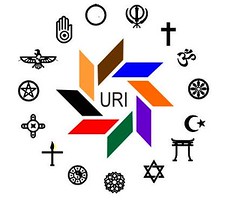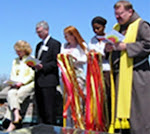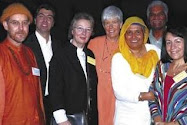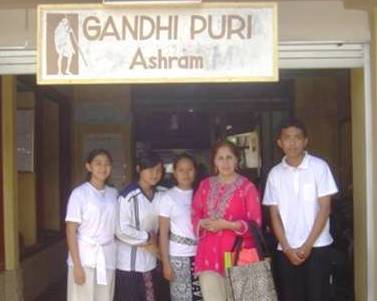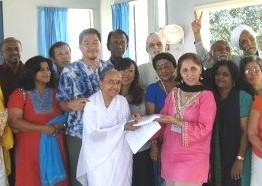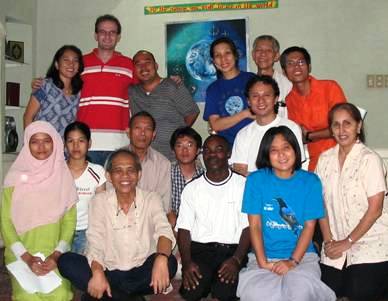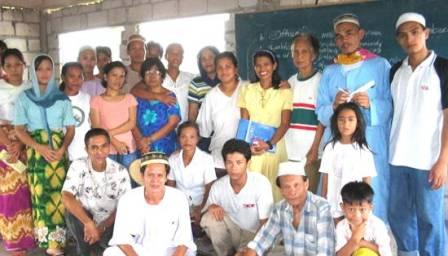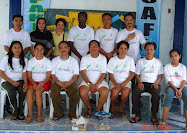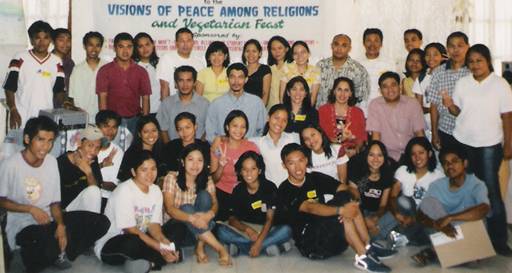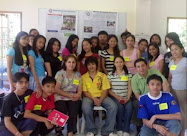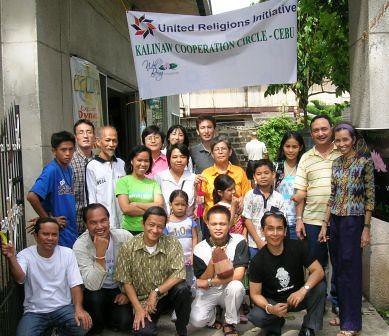 This is an interview section with practitioners of interfaith dialogue. In this issue, we feature Dr. Judy T. Banu, DVM, RN, a Folk-Catholic from Manila, Philippines. She is a former board member of The Peacemakers’ Circle CC.
This is an interview section with practitioners of interfaith dialogue. In this issue, we feature Dr. Judy T. Banu, DVM, RN, a Folk-Catholic from Manila, Philippines. She is a former board member of The Peacemakers’ Circle CC.
TCC: What is your faith tradition?
Judy: I was raised in a traditional Catholic family. Going to other churches was considered taboo. But later on, questions kept cropping up. These questions weren’t easy to answer so the SEARCH for answers began. I got involved in different spiritual groups and tried visiting other churchewhen friends invited me. However, I did this without having to convert to another faith.
Later on, I became an ESL (English as a Second Language) teacher and met and made lasting friendships with people of different faiths and nationalities. The journey brought me back to my own faith.
Now, I have a deeper appreciation and understanding of Catholicism as I realized that while no single dogma is perfect, it could be a guide to perfection. What matters most is what is in a person’s heart and the effort he/she exerts to achieve perfection.
TCC: What are your experiences in interfaith dialogue?
Judy: Even before becoming a member of The Peacemakers’ Circle I believe I was already involved in interfaith dialogue. This would happen during my English class when my students would ask me about my religion. Instead of avoiding the question I would try to answer them in an informative and sensitive way, taking care not to offend anyone and controlling my emotions whenever I receive offensive comments from anyone.
It was also during my life as a full-time English teacher when I met the members of Shinji Shumei Kai (a Japanese spiritual organization). It was a Shumei friend, Yoshiyuki, who brought me to The Peacemakers’ Circle Interfaith Dialogue Center. At the first encounter I immediately liked what I saw and I resonated instantly with its activities. It was then that I found a name for what I have been doing all along—“interfaith dialogue”.
At one point, we had a Jordanian and a Moslem who lived with my family for two years. Mealtime was a leisurely experience then as we usually share the richness of our faith traditions without disagreement or debate and always in the spirit of learning and understanding.
TCC: How has interfaith dialogue enriched you?
Judy: Interfaith dialogue has not only enlarged my world, but it also extended my family. Furthermore, It has helped me answer many, if not all, of the questions that has bothered me about my own faith. It has made me a more accepting and more understanding person. It has made me a better listener and has taught me restraint and sensitivity. I would not be what I am today without the love and support of my interfaith family.
TCC: What teachings from your faith enabled you to appreciate interfaith dialogue?
Judy: I would quote my favorite passages from the Christian scriptures: “Whatsoever you do to the least of my brother-- that you do unto me.”
Another one is: “There will come a time when man will no longer worship in the temple but in spirit.”
TCC: What personal message would you like to share to the readers?
Judy: It is natural to fear what we do not know. But our weapon against ignorance is knowledge. We acquire knowledge through learning. And we learn by keeping an open mind and heart. Others may think that the wars will not end, and that peace can never be achieved.
But I say that understanding ourselves and being at peace with ourselves and our God would eventually help us understand and make peace with others.
 This is an interview section with practitioners of interfaith dialogue. In this issue, we feature Dr. Judy T. Banu, DVM, RN, a Folk-Catholic from Manila, Philippines. She is a former board member of The Peacemakers’ Circle CC.
This is an interview section with practitioners of interfaith dialogue. In this issue, we feature Dr. Judy T. Banu, DVM, RN, a Folk-Catholic from Manila, Philippines. She is a former board member of The Peacemakers’ Circle CC.